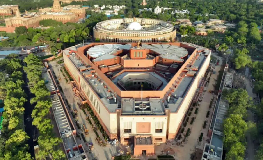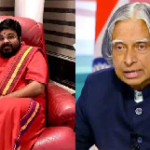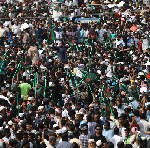The National Democratic Alliance (NDA) reached the majority mark in the Rajya Sabha today after nine BJP members and two from allied parties were elected unopposed in by-polls. With the addition of these members, the BJP’s strength in the upper house has risen to 96, while the NDA as a whole now commands 112 seats.
Among the newly elected were members from the BJP and NDA allies, including the NCP faction led by Ajit Pawar and the Rashtriya Lok Manch. The NDA also enjoys the support of six nominated members and one independent member.
Opposition Numbers and Key Elected Members
One Congress candidate, Abhishek Manu Singhvi, was also elected unopposed, taking the Opposition’s total in the Rajya Sabha to 85 members.
Notable BJP members who secured unopposed seats include Mission Ranjan Dass and Rameshwar Teli from Assam, Manan Kumar Mishra from Bihar, Kiran Chadhary from Haryana, George Kurien from Madhya Pradesh, Dhirya Sheel Patil from Maharashtra, Mamata Mohanta from Odisha, Ravneet Singh Bittu from Rajasthan, and Rajeev Bhattacharjee from Tripura.
In addition to Singhvi, NCP Ajit Pawar faction’s Nitin Patil from Maharashtra and RLM’s Upendra Kushwaha from Bihar were also elected unopposed.
Impact on Rajya Sabha Dynamics
The current strength of the Rajya Sabha stands at 237, with eight vacancies. The NDA’s majority, long sought after for a decade, is expected to make passing contentious bills much easier for the ruling coalition. In the past, the opposition’s strength had often blocked or delayed the passage of government legislation, requiring the BJP to rely on non-aligned parties like the Biju Janata Dal and YSR Congress for support.
However, with the BJD and YSR Congress having lost power in their respective states, their support may no longer be as reliable for the NDA. The majority now gives the ruling alliance a significant advantage in pushing through key legislative agendas in the upper house.



